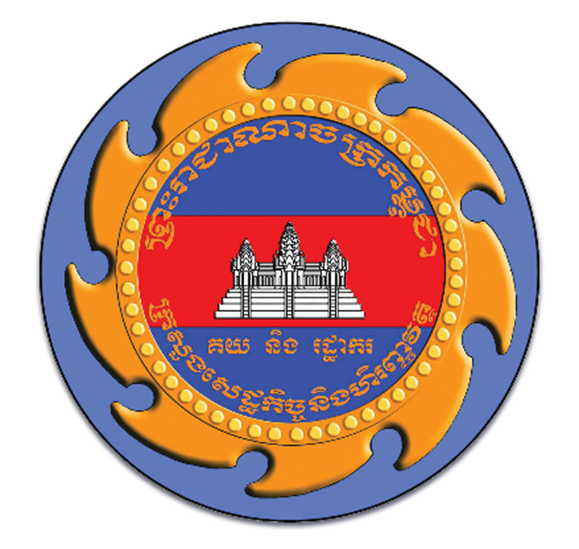Issue Description
The lack of a recycling industry for textiles in Cambodia has become a serious concern, as the country’s textile sector has grown rapidly in the last 20 years. Cambodia is a major producer of finished garments, and the industry has been a significant contributor to the country’s economic growth. However, the industry’s rapid expansion, combined with China’s waste import ban since 2018, has led to a surge in textile waste.
According to Cambodia’s Ministry of Environment (MoE), up to 60% of the country’s industrial waste collected in 2016 were residues from textiles, footwear, accessories. Since then, the situation has substantially remained the same.
Cambodia’s textile waste management infrastructure is limited both geographically (located mostly around Phnom Penh, whereas Sihanoukville or Koh Kong seem to be left uncovered) and in terms of capacity (as reprocessing into other goods such as hammocks and rugs can only absorb a minuscule part of said waste). There are very few licenced recycling facilities in the country: 3 or 4 according to the MoE, and none of them are officially registered for textile residues.
Furthermore, the lack of awareness among manufacturers about the importance and the potential value of textile recycling is a significant barrier to the growth of the recycling industry in Cambodia. Many people are still unaware of the environmental impact of textile waste and the benefits that recycling could bring.
The lack of government support and incentives for recycling also hinders the development of the recycling industry. Significant tax implications prevent most factories from formalising their garment waste sales and reporting in accordance with national tax requirements. Many factories describe an unrealistic expectation from government departments that factories should use no more raw materials in production than the total amount meant for exports, thus requiring an almost net zero waste amount, which although desirable is entirely impractical. This expectation discourages factories from reporting their waste sales accurately.
Legally, the sale of waste is permitted, providing the submission of documentation to the General Department of Customs and Excise – under Prakas No.105 – confirms that textiles imported under duty tax exemptions are used to make a taxable product for sale in Cambodia.
Impact on business
In 2021, GIZ’s FABRIC project estimated that the garment industry produces between 130,000 and 160,000 tons of textile waste per year, adding yet more pressure on the country’s landfills, burdened by excessive municipal waste. Discouraged from selling their waste, factories resort to other methods to get rid of it: using licenced contractors, selling informally, throwing it in landfills, or incinerating it in boilers. Some factories even sell it to brick kilns where the product is illegally burned, generating toxic residues in the air. These practices all pose a serious environmental – and sometimes health – threat to the country.
Although a clear regulation to support the establishment of industrial recycling facilities for both environmental and economic benefits has been expressed by multiple private and public stakeholders and the Royal Government of Cambodia as a priority to improve the country’s waste management, factories see tax implications as the primary barrier to formally selling their waste to official recycling facilities.
Recommendation
- Allow additional measures for textile factories to offset their allowance of generable textile waste.
Therefore, we respectfully recommend the adoption of a regulation allowing garment factories to use evidence of sold amounts of garment waste through official channels (authorised collectors or recycling facilities) to offset their maximum allowance of generable textile waste as per government requirements, whilst concurrently avoiding the tax liabilities in Prakas No.105.
By doing so, factories would be encouraged to sell larger amounts of their textile waste to authorised collectors, thus increasing the amounts of material inputted in the waste management value chain, either through circular or recycling processes.
This in turn would encourage the development of a local waste management industry, and reduce the amount of garment waste thrown into the environment, with added health benefits for the local population due to fewer amounts of said waste being incinerated illegally in kilns.
Royal government of Cambodia
Initiative from Eurocham: The issue has been raised by the Garment & Manufacturing Committee within The White Book edition 2024 in the Recommendation No. 36.

National Counterparts

General Department of Customs and Excise

